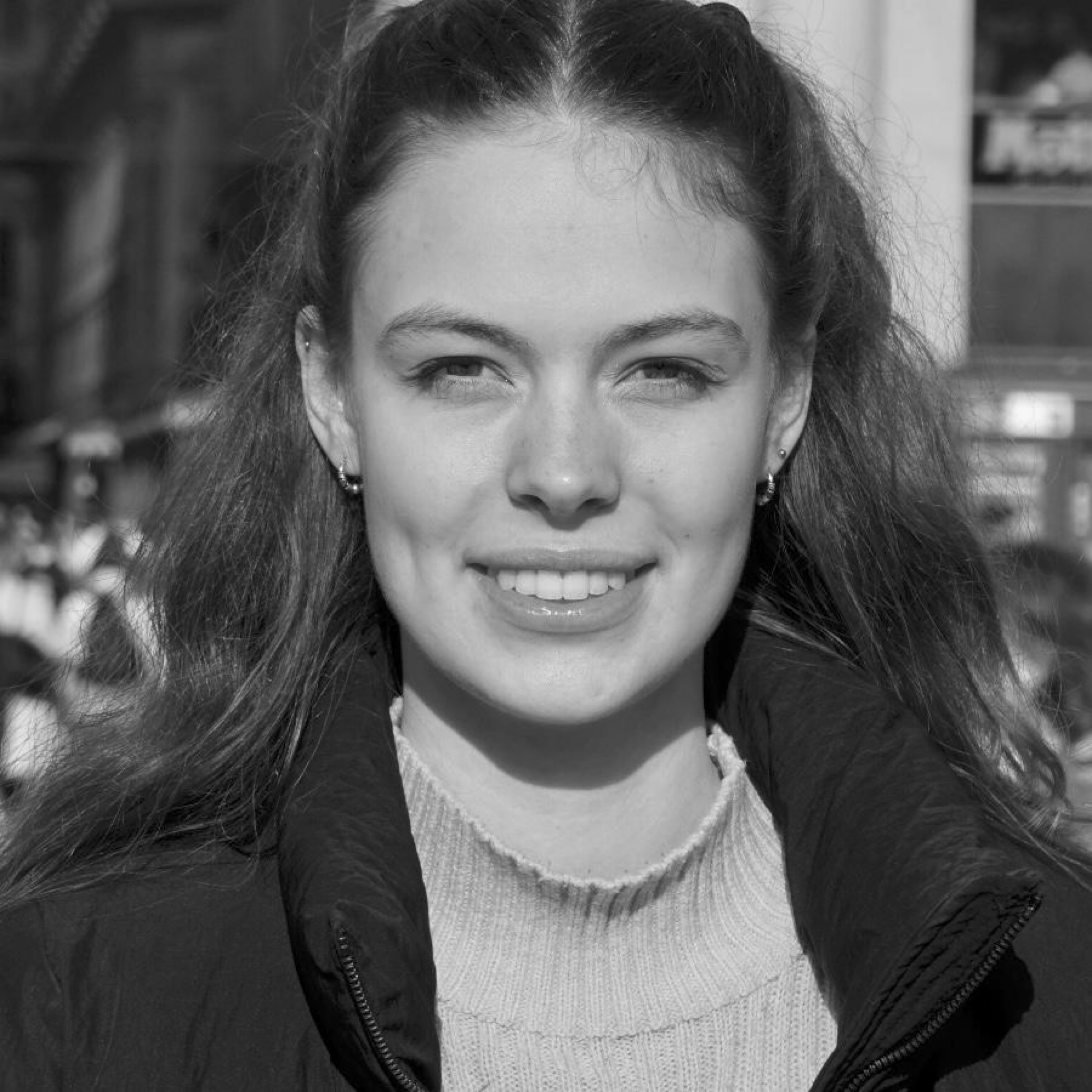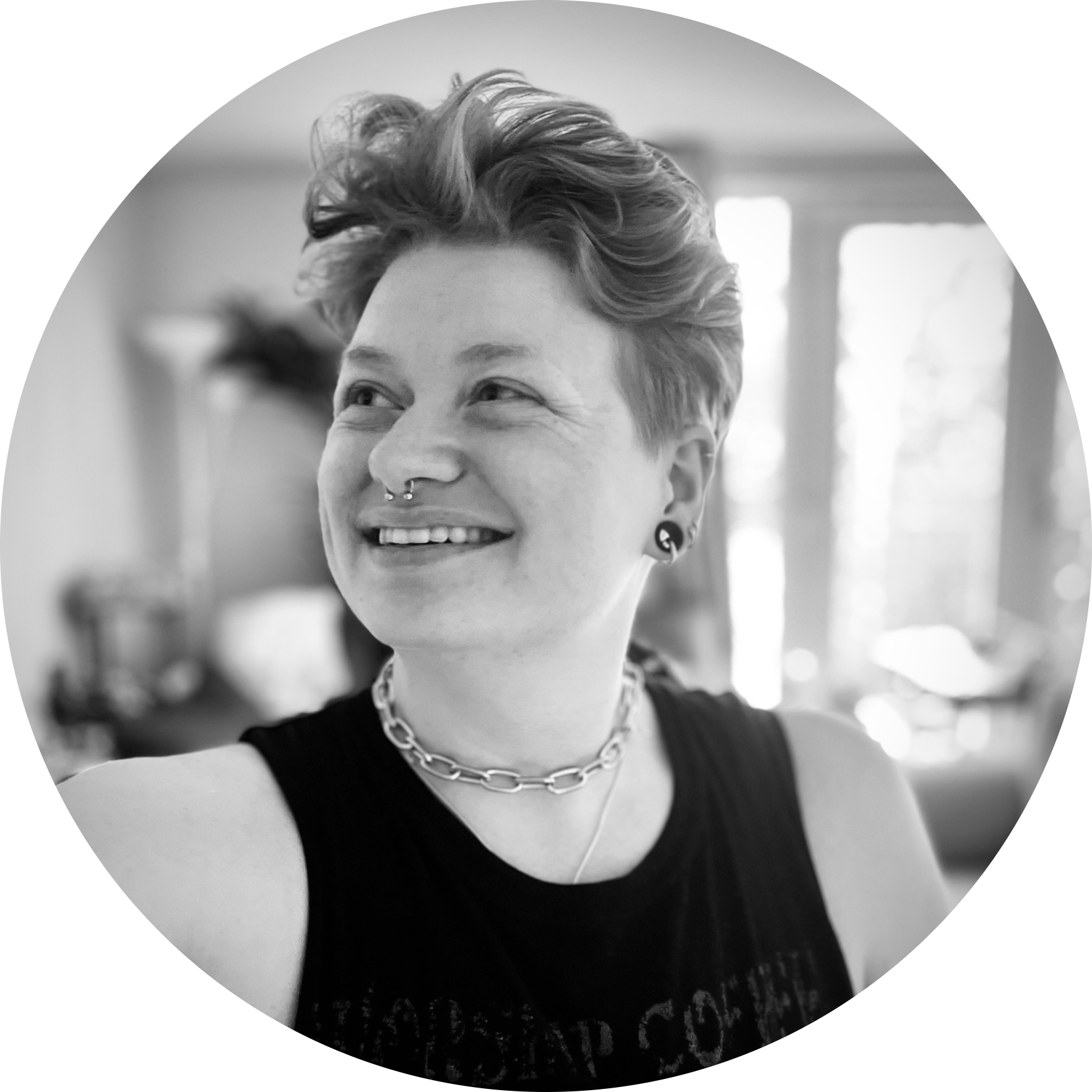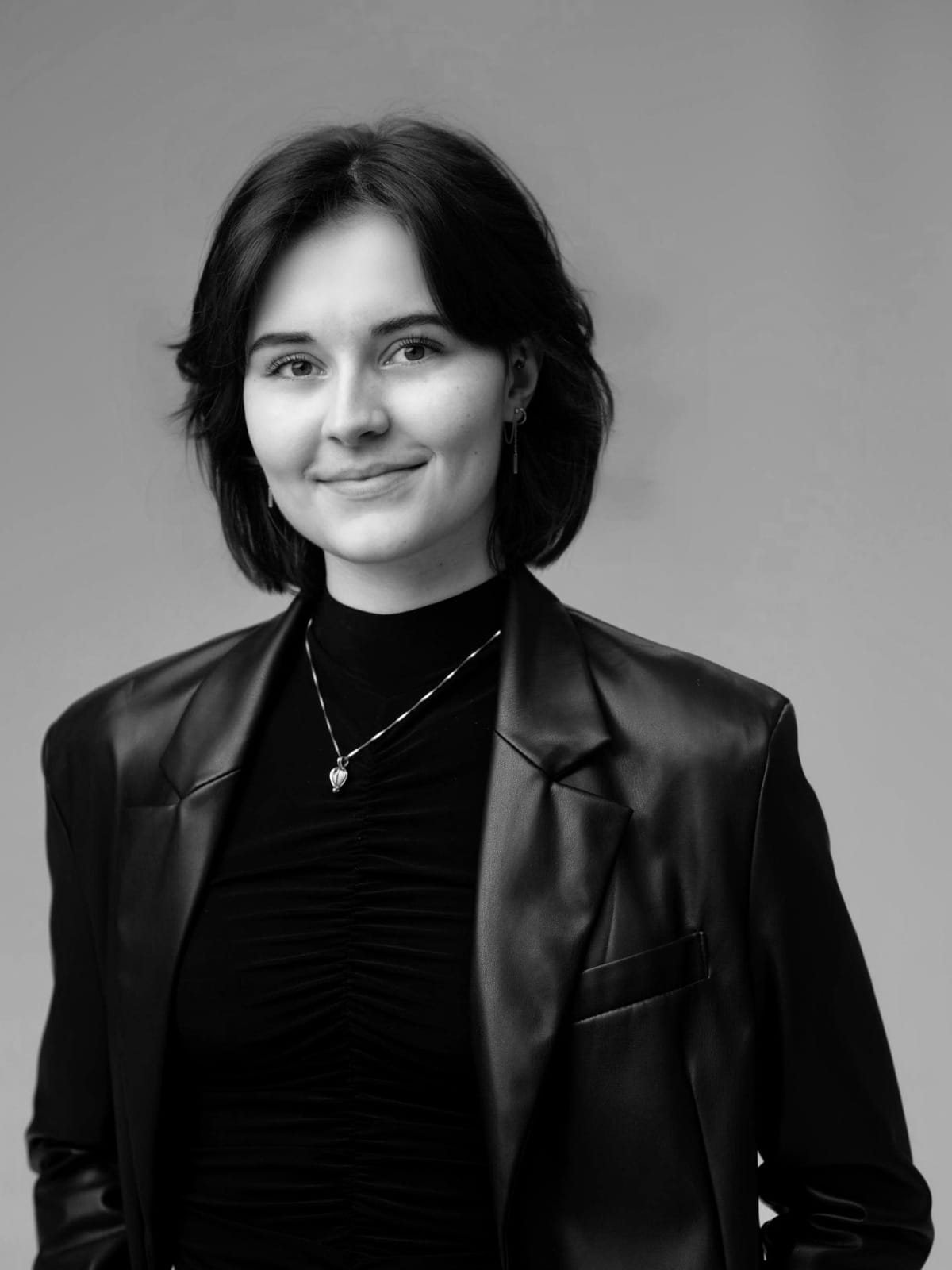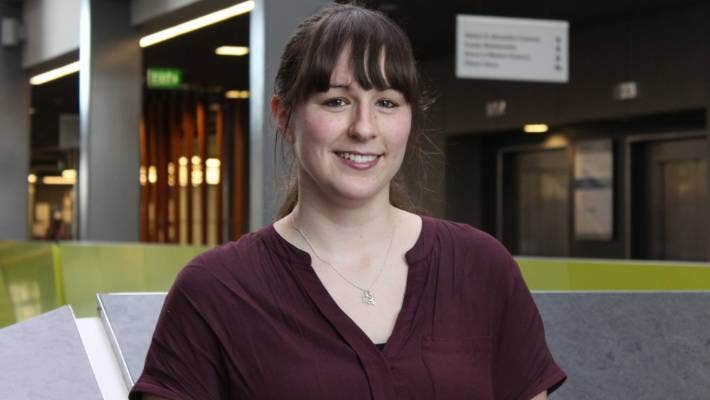Mechanistic modelling for mind, brain, and intelligent systems.
We study predictive coding, neural dynamics, and active inference in computational psychiatry and neuroscience, combining experimental and clinical studies with computational modelling to understand psychiatric disorders and build intelligent agents.
Short intro to Neuro-AI Active Inference slides (PDF)Research
People











Masters (Postgraduate Taught)
Current postgraduate taught students (2025/26)
- Al Fayed Barakat · MSc Clinical Psychology
- Kashish Malik · MSc Clinical Psychology
- Lana Moidu · MSc Clinical Psychology
- Shreya Dwivedi · MSc Clinical Psychology
Undergraduate
Current BSc students (2025/26)
- Ella Jackson-Drexler · BSc Psychology project
- Holly Earnshaw · BSc Psychology project
- Katherine Mak · BSc Psychology project
Collaborators
-
 Prof Marc Goodfellow Exeter
Prof Marc Goodfellow Exeter -
 Prof Matt Jones Bristol
Prof Matt Jones Bristol -
 Prof Krish Singh Cardiff
Prof Krish Singh Cardiff -
 Prof Celia Morgan Exeter
Prof Celia Morgan Exeter -
 Prof Karl Friston Verses.ai
Prof Karl Friston Verses.ai -
 Prof Jeremy Hall Cardiff
Prof Jeremy Hall Cardiff -
 Prof David Nutt GABA Labs
Prof David Nutt GABA Labs -
 Dr Joe Sweetman Exeter
Dr Joe Sweetman Exeter -
 Prof James Rowe Cambridge
Prof James Rowe Cambridge -
 Dr Rachael Sumner Auckland
Dr Rachael Sumner Auckland -
 Dr Dom Dunstan Exeter
Dr Dom Dunstan Exeter
Publications
Computational & AI Manuscripts
- Polyphonic Intelligence: Constraint-Based Emergence, Pluralistic Inference, and Non-Dominating Integration.
- Polyphonic Intelligence: Formalisation & Equations.
- The Embodied Octopus: Distributed Intelligence and Active Inference in a Flexible Body. OSF, 2026.
- Toward a reusable architecture for intelligent agents. OSF, 2025.
- A Neuro‑Inspired Computational Framework for AGI: Predictive Coding, Active Inference, and Free Energy Minimisation. OSF, 2025.
- Predictive Coding and Neurocomputational Psychiatry: A Mechanistic Framework for Understanding Mental Disorders. Frontiers in Psychiatry, 2025
Experimental, Clinical & Comp Neuro Manuscripts showing recent only
- Dynamics-Informed Priors (DIP) for Neural Mass Modelling BioRxiv Preprint, 2025.
- Females with epilepsy show abnormal changes to perimenstrual sensory induced long-term potentiation BioRxiv Preprint, 2025.
- Sleep as a window into thalamocortical pathology: generative modeling implicates NMDA receptor hypofunction in 22q11.2 deletion syndrome MedRxiv Preprint, 2025.
- Restoring Synaptic Balance in Schizophrenia: Insights from a thalamo-cortical conductance-based model Schizophrenia Bulletin, 2025.
- GABAergic modulation of beta power enhances motor adaptation in frontotemporal lobar degeneration Alzheimer's and Dementia, 2025.
- WAND: A multi‑modal dataset integrating advanced MRI, MEG, and TMS for multi‑scale brain analysis. Nature Scientific Data, 2025.
- Neurophysiological evidence that frontoparietal connectivity and GABA-A receptor changes underpin the antidepressant response to ketamine. Nature Translational Psychiatry, 2024.
- Modulation of long‑term potentiation following microdoses of LSD captured by thalamo‑cortical modelling in a randomised, controlled trial. BMC Neuroscience, 2024.
- Changes in Visual Long-Term Potentiation Show Preserved Cyclicity in Human Females Taking Combined Oral Contraceptives. Neuroendocrinology, 2023.
- Neurophysiological consequences of synapse loss in progressive supranuclear palsy. Brain, 2022.
- GABAergic cortical network physiology in frontotemporal lobar degeneration". Brain, 2022.
- A comparison of GABA‑ergic (propofol) and non‑GABA‑ergic (dexmedetomidine) sedation on visual and motor cortical oscillations, using MEG. NeuroImage, 2021.
- Tiagabine‑induced modulation of oscillatory connectivity and activity matches PET‑derived GABAA receptor distributions. European Neuropsychopharmacology, 2021.
- Dopamine and Glutamate in Antipsychotic-Responsive Compared With Antipsychotic-Nonresponsive Psychosis: A Multicenter Positron Emission Tomography and Magnetic Resonance Spectroscopy Study (STRATA). Schiophrenia Bulletin, 2021.
- Modelling thalamocortical circuitry shows that visually induced LTP changes laminar connectivity in human visual cortex. PLOS Computational Biology, 2021.
- Generative modelling of thalamo‑cortical mechanisms underlying ketamine effects on oscillations. NeuroImage, 2020.
- Juvenile myoclonic epilepsy shows increased posterior theta, and reduced sensorimotor beta resting connectivity. Epilepsy Research, 2020.
- GABA-ergic Dynamics in Human Frontotemporal Networks Confirmed by Pharmaco-Magnetoencephalography. The Journal of Neuroscience, 2020.
- Oscillatory, Computational, and Behavioral Evidence for Impaired GABAergic Inhibition in Schizophrenia. Schizophrenia Bulletin, 2020.
- In Vivo Assay of Cortical Microcircuitry in Frontotemporal Dementia: A Platform for Experimental Medicine Studies. Cerebral Cortex, 2020.
Funding & Partners
Students · Postdocs · Industry
We collaborate on computational psychiatry, neuro-inspired AI, and MEG/EEG generative modelling. We welcome PhD applicants, postdocs, clinical/industry partners, and short consultancy projects.
- Co-develop projects (data + modelling + translation)
- Contract research & joint studentships
- Methodology: Variational Laplace, DCM, active inference agents
- In-silico neuropharmacology assays; functional drinks
- Active inference approaches to AGI
Openings
We welcome motivated students and collaborators. If you enjoy dynamical systems, Bayesian inference, or building agents that think, reach out.
- PhD projects: Computational psychiatry; active inference agents; thalamo‑cortical modelling; neurobiology of psychedelics.
- Postdoc: Variational methods for neural and AI systems (MATLAB/Python/Julia).
Contact
Email: A.D.Shaw@exeter.ac.uk
School of Psychology, University of Exeter · Exeter, UK